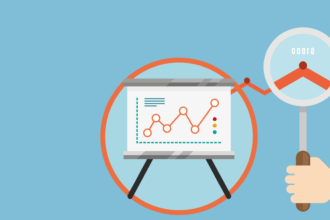Tac Anderson just wrote a great review of Decision Management Systems, my new book, over on his blog on the SOA World Magazine site. Two of his comments struck me particularly. The first summarized what I consider to be the biggest limiting factor in information systems today:
Tac Anderson just wrote a great review of Decision Management Systems, my new book, over on his blog on the SOA World Magazine site. Two of his comments struck me particularly. The first summarized what I consider to be the biggest limiting factor in information systems today:
There are not too many systems being created today that I would consider more than interfaces to a data structure.
How many systems does your company have that do more than allow the management of data? Once you eliminate their ability to create, find, update and delete data records what else do they do? They probably allow you to report out the data they store (though this might involve using a separate analytical system) and if you are lucky they might tell you when something is due or when you need to take some action. But for most systems, that’s about it. If they are programmed do anything else they probably don’t do it right – it was perhaps right once upon a time but the business has changed, the regulations have changed and customer behavior has changed so it’s not right any more. As a result, as Tad puts it,
The systems themselves are viewed as a necessary evil by the people who use them.
Most users know they have to use the systems so that the company has the data it needs to operate but that’s about it. How many customer service agents REALLY use their CRM system? How many sales people do more with their SFA system than put in the data that will get them their commission? Does your ERP system really manage your supply chain or production facilities or simply record what happened in them? Do users email each other spreadsheets because it is too hard to get the system to do what is necessary or too hard to change the way it works?
The idea behind Decision Management Systems is to use proven technology (business rules management systems, data mining and predictive analytic workbenches, optimization tools) to create applications that are agile (so they can be changed when you need to change them), analytic (so that they use the data you have to make better decisions) and adaptive (so that they learn and adapt over time). These systems become your partners in running your business not just passive repositories of your data.
Tad points out that we have a ton of material over on DecisionManagementSolutions.com – our “awesome web site” as he calls it. Check out the white papers and briefs in particular. Of course I also REALLY like the last line of the review:
Over all if you are in IT, I highly recommend reading this book.
And if you haven’t already bought it, you can do so on IBM Press (35% discount code TAYLOR4389), on amazon.com (book and Kindle version), on Barnes and Noble (book and nook version) and on InformIT, Pearson’s site.







